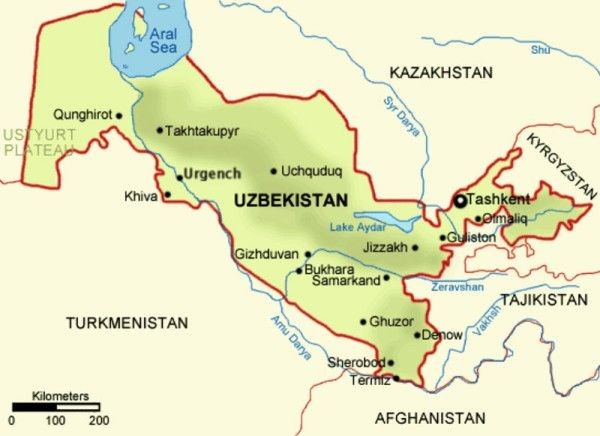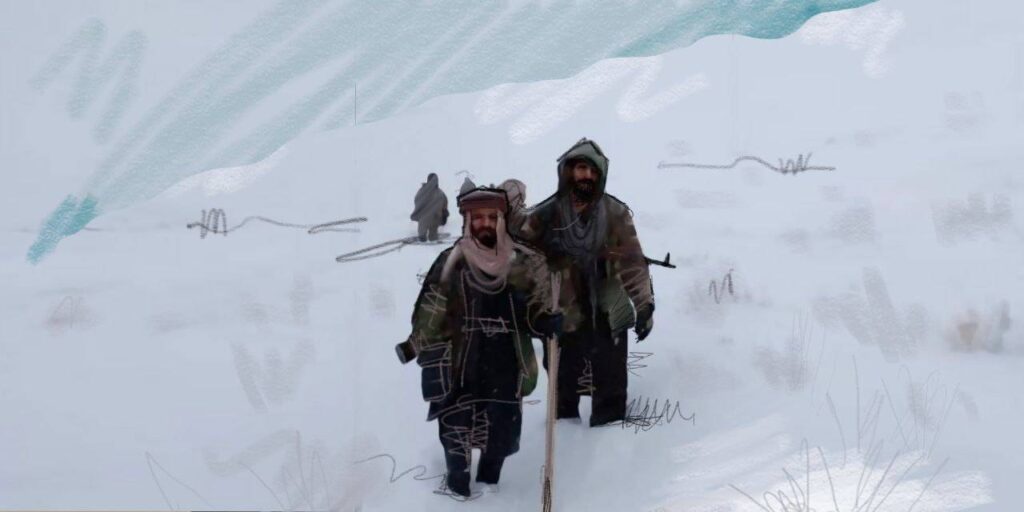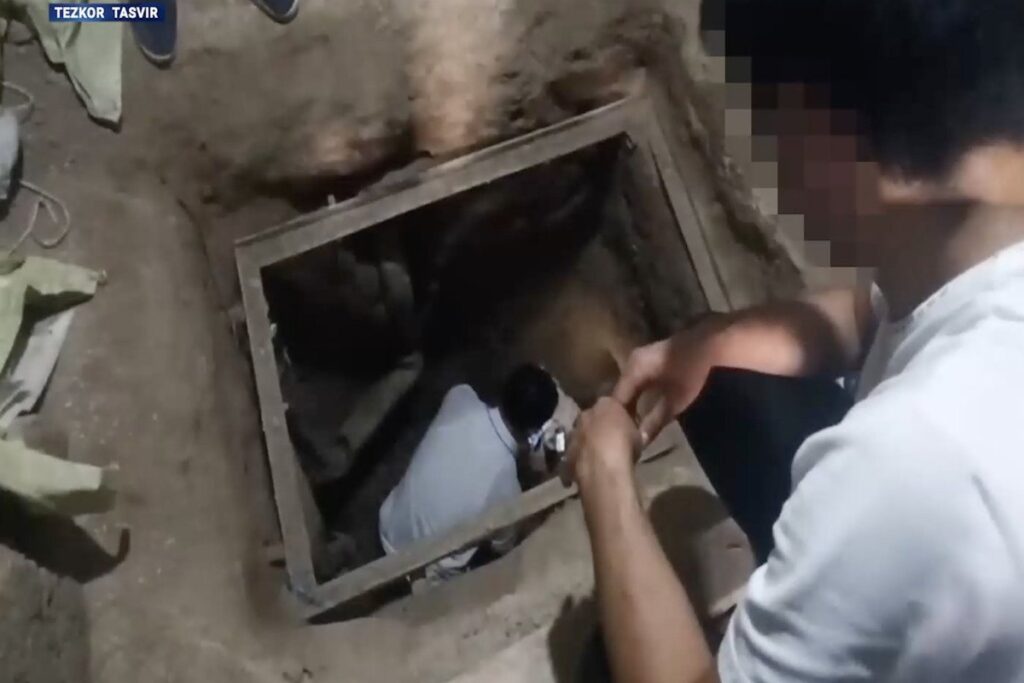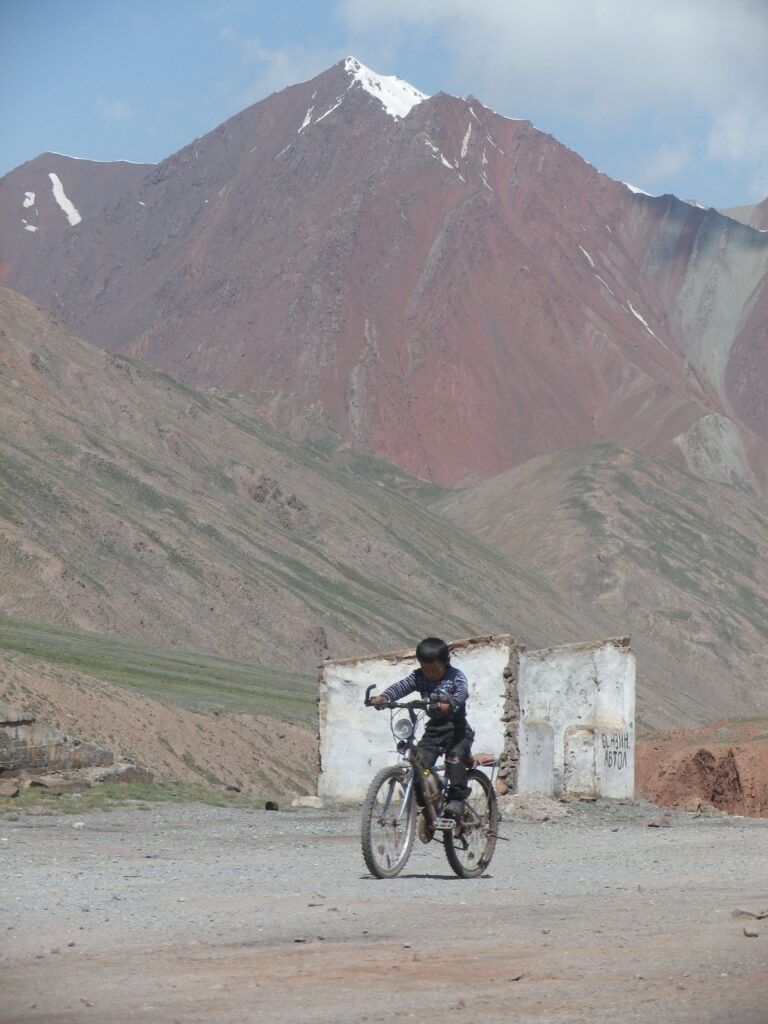TASHKENT (TCA) — The OSCE Mobile Training Team for the identification of potential foreign terrorist fighters delivered an interactive training course for 27 border and security officers from Uzbekistan from 19 to 21 September in Tashkent.
The course included discussions on international, regional and national legal frameworks, effective use of databases, detection of forged travel documents, risk analysis and management, behavioural indicators and table top exercises.
The training course was delivered by the members of the OSCE Mobile Training Team from Bulgaria, Georgia, Poland and Ukraine. Expert speakers from the OSCE, INTERPOL, Partnership for Peace Consortium, Regional Anti-Terrorist Structure of Shanghai Cooperation Organization and Collective Security Treaty Organization shared their knowledge and expertise.
The high-level opening was delivered by OSCE Project Co-ordinator in Uzbekistan, John MacGregor, Co-ordinator of OSCE Activities to Address Transnational Threats Rasa Ostrauskaite, Head of the EU Delegation to Uzbekistan Ambassador Eduards Stiprais, and Deputy Director of Regional Anti-Terrorist Structure of Shanghai Cooperation Organization, Ahat Mukashev.
“The phenomenon of foreign terrorist fighters poses a threat to security and stability in the OSCE area. It is crucial for border officers to upgrade their skills in identifying foreign terrorist fighters at the borders,” said MacGregor. “No matter how good the available intelligence or technology, the best line of defence is people, the officials at the border checkpoints.”
The OSCE Mobile Training Team, established by the Border Security and Management Unit of the OSCE Transnational Threats Department in 2016, is composed of 17 selected border and counter-terrorism experts from OSCE participating States and Partners for Cooperation.









